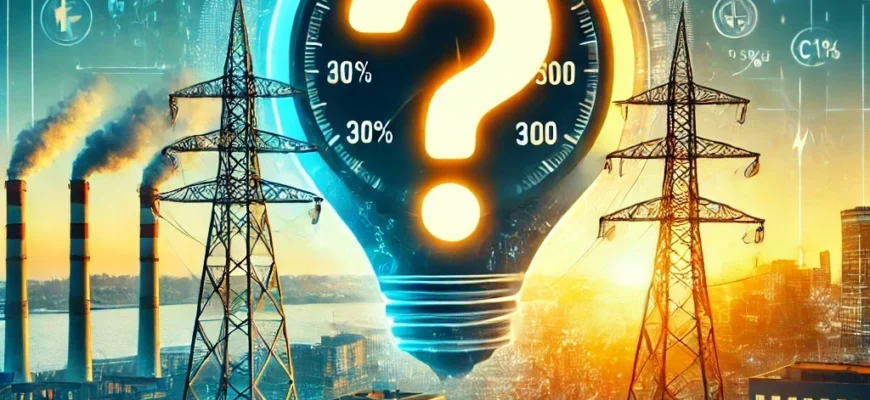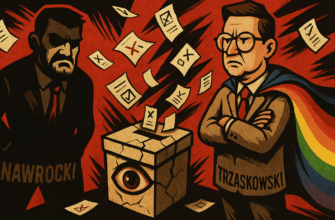On February 17, 2025, a video was posted on the CTVBY YouTube channel with a clickbait title using Soviet terminology: “Prices in the Baltic States increased by 300%!”. The video garnered over 1.5 million views.
The content of this story:
The Baltic states continue to experience severe consequences of disconnection from the energy ring connecting Latvia, Lithuania, Estonia, Belarus, and Russia. Reality has exceeded even the most negative expert forecasts. Despite government assurances that disconnection from BRELL would not lead to major price spikes, electricity costs in the Baltic republics have already increased by 300% in 10 days. And now it costs 600 euros per megawatt-hour due to the thoughtless decision of authorities to become dependent on European energy suppliers. Industrial enterprises are already paying for this.
Our verdict based on conducted analyses:
Verdict: Incorrect
Reasons:
- The thesis or statement is completely false: information from multiple sources or opinions of several experts in the specific field contradict it.
- The claimed cause-and-effect relationships and connections clearly do not exist.
- When quoting, substantial parts are omitted, rearranged, altered, or incorrectly translated from a foreign language, fundamentally changing the meaning of what was said.
- The event occurred differently in substantial aspects than claimed.
Full video:
Let’s support the verdict with data.
There is a website Energy-charts that has data on electricity costs in European Union countries.
Data as of the video release date:
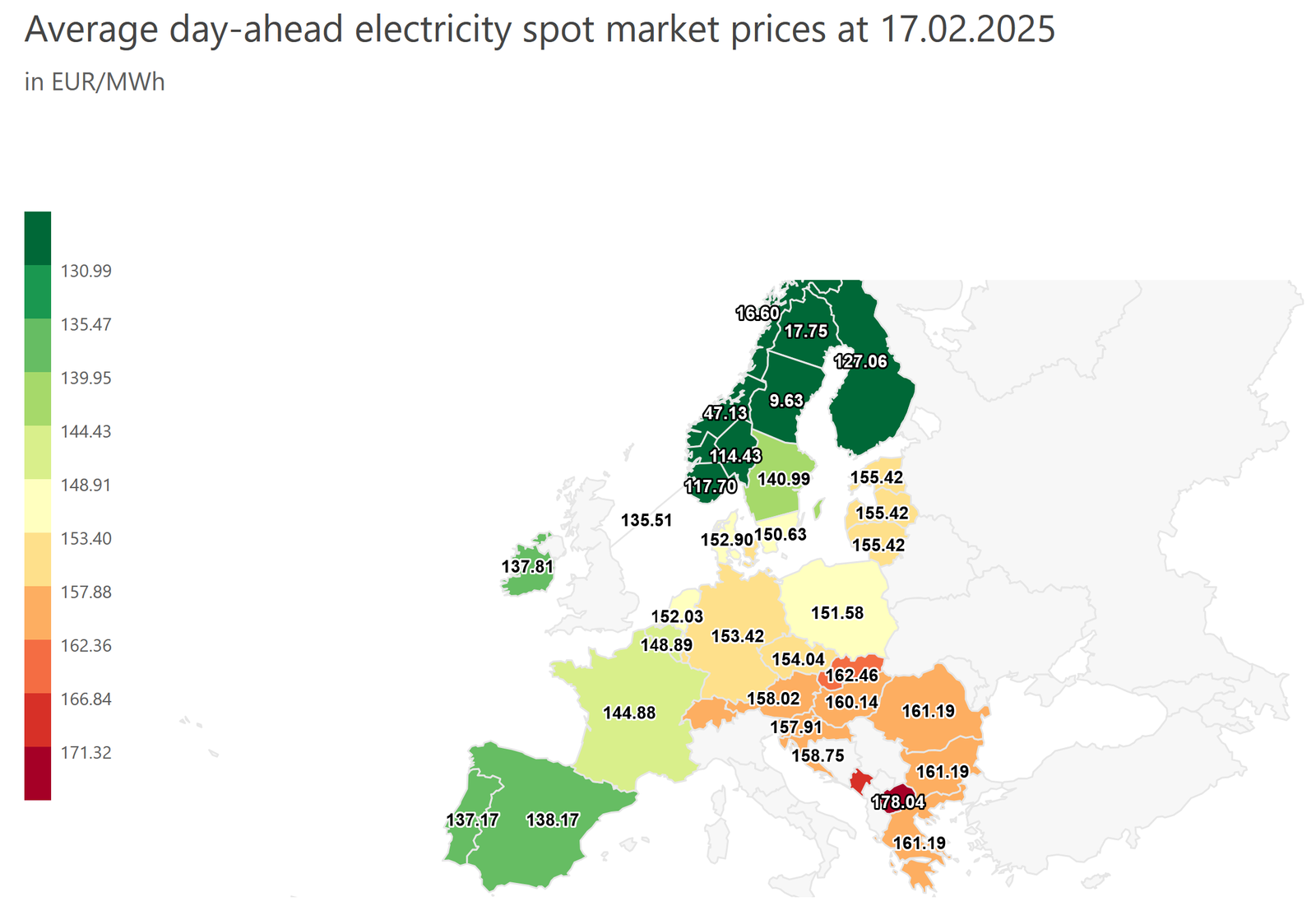
The cost of 1 megawatt-hour of electricity in Belarus at the single-rate tariff is approximately 71.66 euros at the current exchange rate (0.2971 BYN/EUR)
Let’s build a graph of energy cost changes in the Baltic countries and Poland:

As seen from the data, the maximum value did not reach 300 euros per megawatt.
Additionally, the increase in electricity costs during winter depends on the temperature:
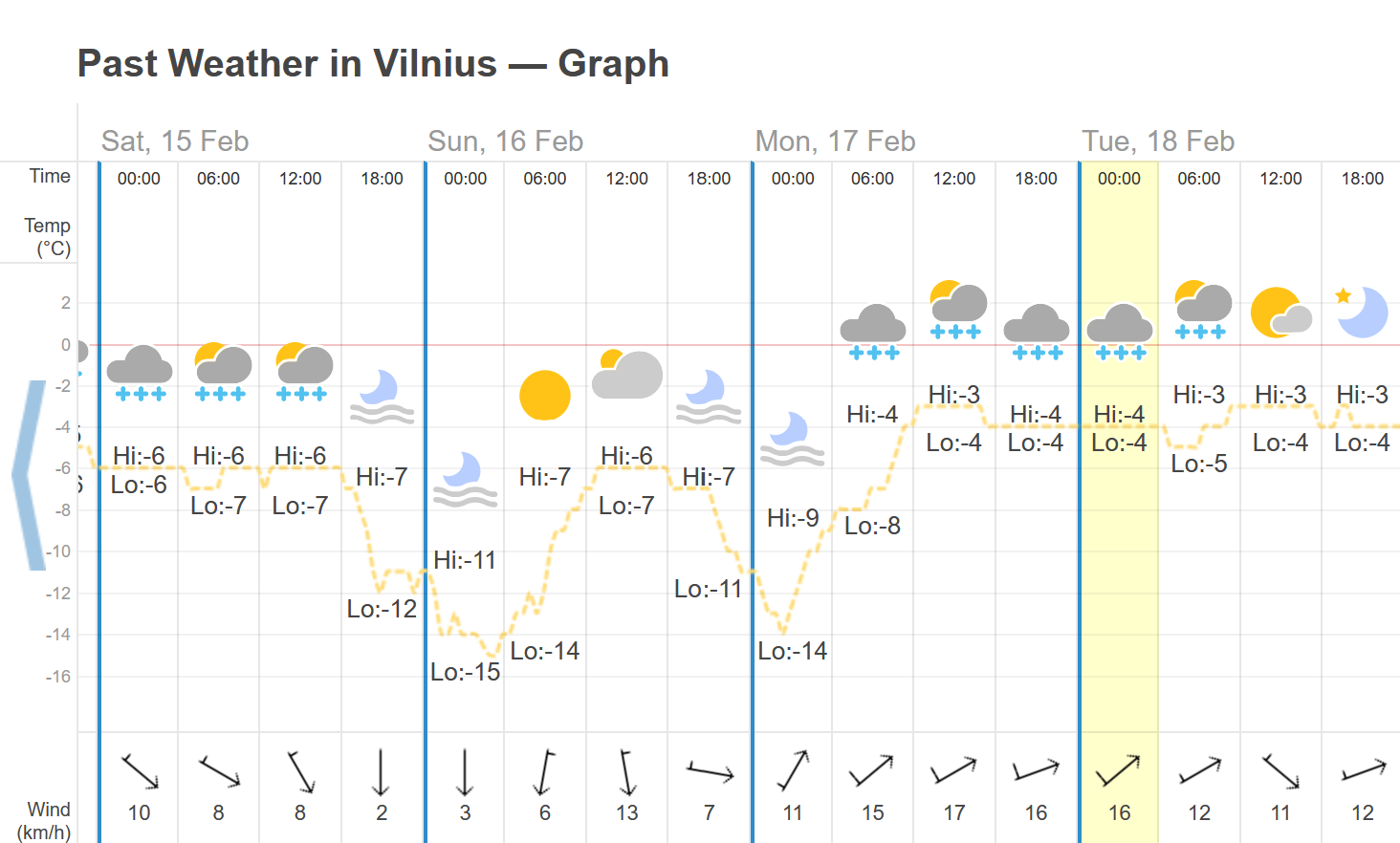
How the energy system in the Baltic countries looks now:
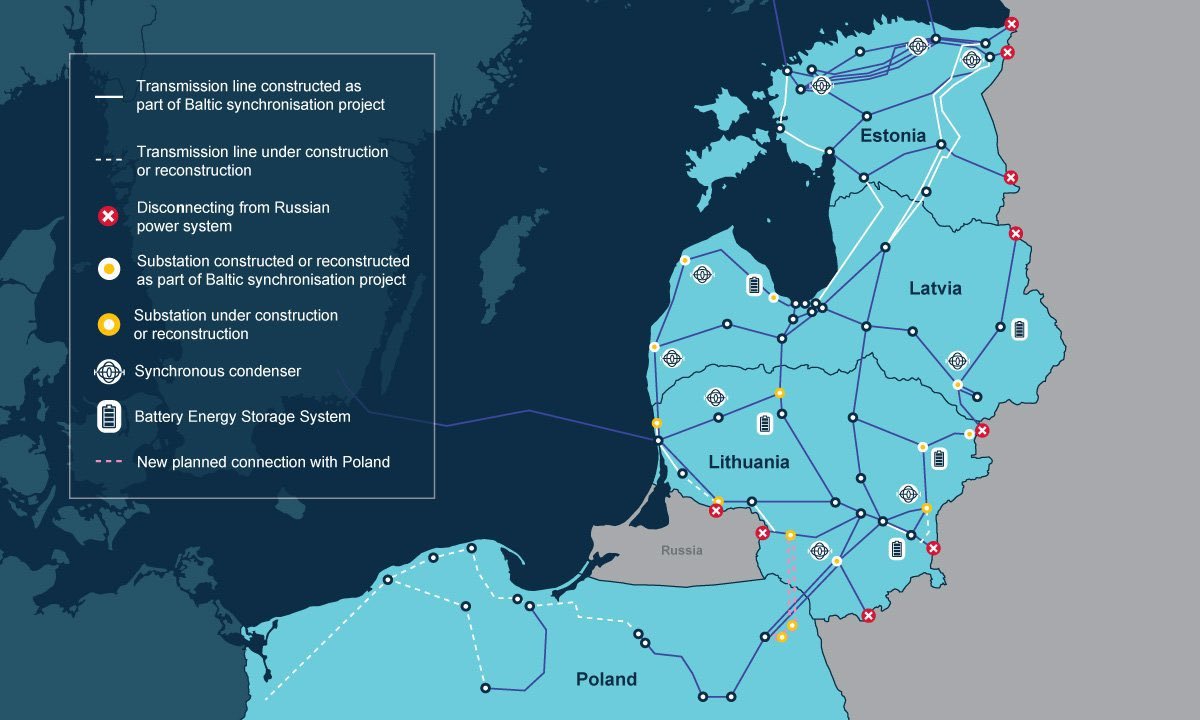
Detailed report on how the disconnection occurred and what accompanying measures were taken:
Now let’s perform an analysis of disinformation narratives and semantic analysis:
Claims about sharp increases in electricity prices in Baltic countries, emphasizing negative consequences of political decisions.
fact distortion
rhetorical questions
Criticism of authorities’ actions which, according to the author, led to economic difficulties.
dehumanization
anti-elitism
Emphasizing Baltic countries’ dependence on European energy suppliers as a negative aspect.
distrust incitement
The video uses manipulative techniques to create an image of economic catastrophe in Baltic countries, which can undermine trust in government and strengthen anti-political sentiments.
economic consequences
energy policy
negative
anxiety

